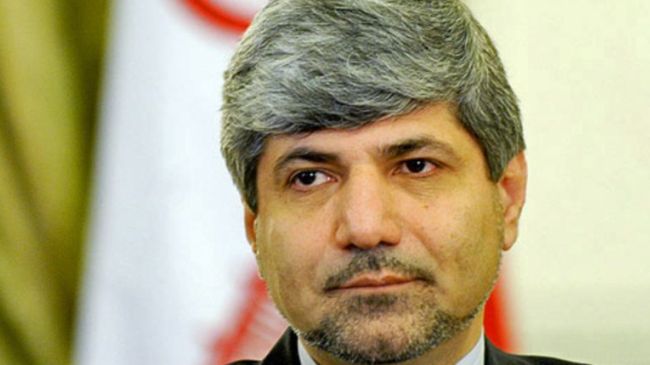MKO supporters attack Iran’s Foreign Ministry spokesman in New York


Supporters of the Mujahedin-e Khalq Organization (MKO) terrorist group have attacked Iran’s Foreign Ministry Spokesman Ramin Mehmanparast near the United Nations headquarters and in the presence of New York City police.
Mehmanparast and several other Iranian officials were walking to their hotel when they were surrounded and assaulted by supporters of the anti-Iran MKO terrorists on Wednesday.
New York City police and the US security forces made no arrests as the attackers physically abused members of the Iranian delegation accompanying Iran’s President Mahmoud Ahmadinejad in his visit to the United States to address the 67th session of the UN General Assembly.
The US is responsible for the security of all diplomatic delegations attending the UN meetings as the host to the world body.
The MKO is listed as a terrorist organization by much of the international community and has committed numerous terrorist acts against Iranians and Iraqis.
However, the United States is reportedly planning to remove the MKO from the US State Department’s list of terrorist organizations.
On September 21, US Secretary of State Hillary Clinton sent the US Congress a classified communication about the decision.







